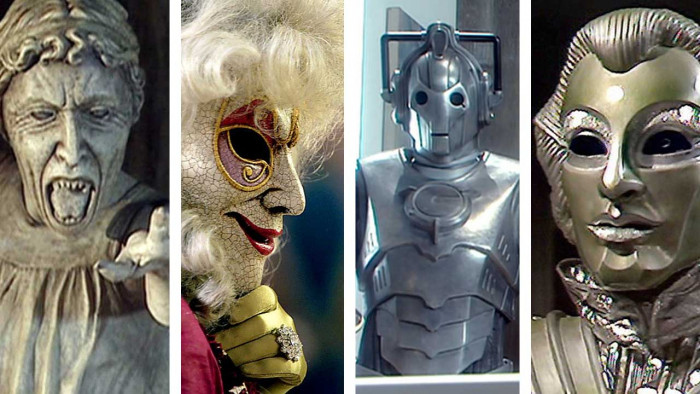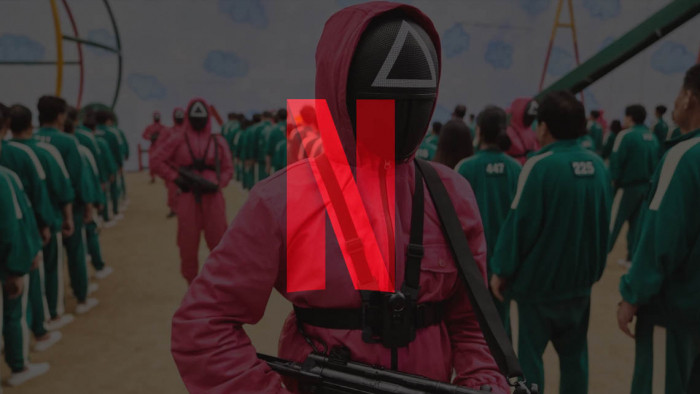The ShortRead of 21st January

The Winter War
Author: Philip Teir
What's the story: This could be the first time you've heard of this Scandinavian talent, but it won't be the last. The first novel from Philip Teir, the Finnish-Swede has concocted a domestic drama with all the tension of a needling thriller.
The title plays on the crisp atmosphere of the Winter War between Finland and the Soviet Union - but that's where the similarities end. The Paul family appear to live in homely bliss; Max Paul is a renowned sociologist, and his wife Katriina has a well-paid job in the public sector. As Max approaches his 60th birthday, things start to unravel with alarming ease. He doubts his relationships with his wife and daughters, thoughts encouraged further by the arrival of a former student with a seductive intent. Funny, thoughtful, and distinctly Scandinavian.
Release date: Out now
Extract
The first mistake that Max and Katriina made that winter – and they would make many mistakes before their divorce – was to deep-freeze their grandchildren’s hamster. The whole thing was an accident. Max happened to step on the hamster. He felt something soft moving under his foot, he heard an awful, strange squeak from the floor, and then it was too late. Blixten, who was only six months old, ended up in a plastic bag in the very back of the freezer. That was enough to make their elder daughter, Helen, refuse to speak to them for two whole weeks. But when Max thought about it, he wondered whether the problems hadn’t actually started earlier, back in November.
It had been a remarkably mild autumn. Töölö Bay sighed in the damp November fog as joggers huffed and puffed their way past. On a Friday towards the end of the month, Max and Katriina were invited to dinner by the Keskinens. Katriina was quickly drawn into the festivities while Max – just as he’d expected – was seated next to her boss.
Wivan Winckelmann was a short woman in her sixties with a horrible voice whose sole purpose seemed to be to seize hold of Max’s nerves and squeeze them tight. She was an upper-echelon executive within the Helsinki and Nyland medical district, a woman with tremendous influence in the entire public sector. She was married to a rabbit-like, bald-headed man named Pertti, who always seemed to stand a metre behind her, as if he found Wivan to be an effective shield against the malevolent demands of the world.
The Keskinens lived in one of the new neighbourhoods in Nordsjö, in a flat straight out of a modern Finnish film: clinical, white and sterile, a flat in which Max imagined a serial killer would feel right at home. Previously they’d lived in an old Art Nouveau-style building on Fredriksgatan. Max had liked the Keskinens better when they’d lived in their former flat. It was the sort of residence that could be bought during the recession in the 1990s, which was exactly what they’d done. Like Max, Risto Keskinen had done well during those crisis years. They both worked in professions that had not been negatively affected by the bad times. On the contrary: while the rest of Finland sank into an economic malaise causing massive unemployment, Risto and Max had both prospered in their respective fields. The crisis seemed to increase the demand for the type of societal diagnoses that were Max’s speciality within the field of sociology. And Risto, who was a psychiatrist, had been fully occupied with patients who came to him in the wake of the recession, bringing divorces and personal tragedies with them.
Max exchanged air kisses with Tuula Keskinen, who then disappeared further into the flat, linking arms with Katriina and carrying a gin and tonic in one hand.
Katriina and Max hadn’t said a single word to each other in the taxi. Max had merely stared out of the window, enjoying the sensation of motion and the smooth ride as it raced along Sturegatan while the rain fell like glossy confetti. It had been raining all week, a gentle and pleasant rain that coloured the tree trunks black and brought a constant chill to everyone’s cheeks.
***
The dark season had arrived early this year. Max had spent the entire autumn working on a manuscript with a March deadline that was approaching at a nerve-racking speed. Whenever he glanced out of the window of his office in the afternoon, he was always surprised to see how short the days were.
That same autumn their younger daughter, Eva, had moved to London, and Katriina had sunk into what she herself called a ‘depression’, although Max thought this was simply a selfabsorbed description of what happened to all parents when their children got older. By turning this transition into a personal crisis, Katriina was able to use it for her own dramatic purposes.
Three months earlier, when they had driven Eva to the airport, Katriina had talked on and on – as she always did – about what Eva should do after her year in London, what opportunities might be open to her, how she should arrange her life and how much money she needed to save each month if she managed to get a job. She had also mentioned, as one possibility, that Eva could resume her abandoned studies in Helsinki, and maybe even study for her Masters exams.
‘Do you know what? I really don’t want to think about that, Mum. Not everybody wants to plan their life down to the smallest detail,’ Eva said from the back seat of the car where she was texting on her mobile phone. She’d spent the whole summer living at home with them because she’d given up her flat when she was accepted at the art school in London. She claimed she needed to save money, even though she’d never tried to find a summer job. She was twenty-nine and had whiled away the summer lying on the balcony getting a suntan and drinking wine.
‘Okay, okay, I’m just saying that it’d be good if you had some sort of plan.’
‘But I do have a plan. I’m going to study art. And hopefully I’ll be dating a lot of hot British guys. That’s enough for me. Do you know how hard it is to get into this field?’
‘I know, I know, and we’re so proud of you.’
Max had tried to keep out of it. He really was very proud of Eva. Katriina and Eva often argued about things that Max found totally incomprehensible, but he assumed it was because they were so alike. They both possessed a certain proprietary view of the world. He realised that Eva had inherited this tendency from Katriina, but he had no idea where his wife might have come by it. He found it to be one of those personality traits that was easy enough to admire in theory, but much more difficult to live with. For as long as he’d known Katriina, she’d never once hesitated if there was something she wanted.
Tonight he’d said to Katriina that maybe she shouldn’t be calling Eva every week, that maybe their daughter should be allowed to establish her own life in London. That had led Katriina to yell at him because he’d made plans to play tennis two hours before the dinner party at Risto and Tuula’s place. Then he’d said that maybe she shouldn’t be drinking so much wine on an empty stomach, and she responded by saying that she wouldn’t need to drink if he spent more time with her.
And they’d continued on like that until Max slammed the door and went out in the rain to go over to the indoor tennis courts. He’d played like a fiend, irritably and without finesse, and by the time he got back home and stepped into the front hall, his mood was even worse. In the end, they’d caught a cab to the Keskinens’ party, although without exchanging a word during the entire drive.
Max didn’t have a driving licence. When they met thirty years ago, Katriina had admired him for refusing to join the ranks of car owners. Nowadays she ridiculed him for the very same reason. She claimed that for all these years his decision had been more a question of indolence and stinginess than any concern for the environment.
For more excellent reads, check out our previous choices below - just click on the link:
The missing and the dead by Stuart MacBride
The Strange Library by Haruki Murakami
The ShortReads of 2014
(Image: Flickr/Kate Hiscock)
Latest
Related Reviews and Shortlists


The best Doctor Who episodes, ranked









